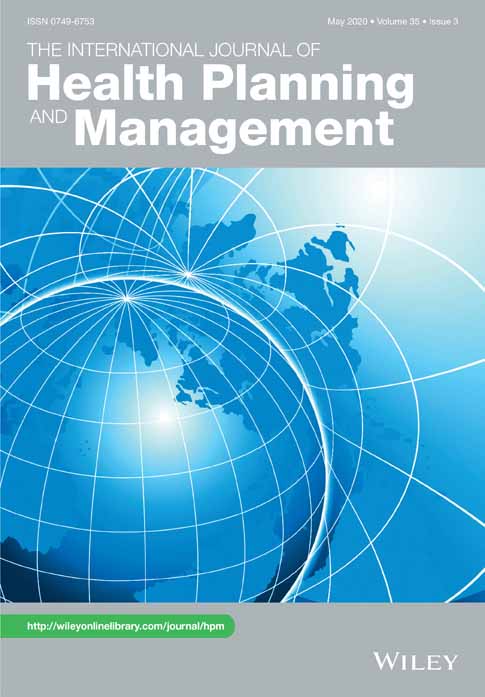Trang chủ - Publication - "An adaptive model of health system organization and responses helped Vietnam to successfully halt the Covid-19 pandemic..."
"An adaptive model of health system organization and responses helped Vietnam to successfully halt the Covid-19 pandemic..."

Huy Van Nguyen, Minh Van Hoang, An Thi Minh Dao, Hoa L. Nguyen, Tien Van Nguyen, Phuong The Nguyen, Long Quynh Khuong, Phuong Mai Le, Stuart Gilmour
Abstract
Coping with the COVID‐19 pandemic has been painful and no single model for such a purpose is perfect. However, sharing experiences is the best way for countries to learn real‐time lessons and adapt to this rapidly changing pandemic. This commentary shares with the international community how an adaptive model of health system organization and responses helped Vietnam to break transmission of coronavirus. We find that an effective model is adaptive to time and context, and mobilizes and engages the wider society. We identify merging of different health system units into Center for Diseases Controls as a health system organization that saved massive resources. The early establishment of a formal committee responding to the pandemic helped unify every public health strategy. The mobilization of different stakeholders and communities added resources and facilitated a synchronous implementation of response strategies, even where those strategies involved significant personal or financial sacrifice. National training on Covid‐19 treatment for healthcare professionals across the entire hospital system was useful to expand the health service availability. Quickly published response guidelines helped to activate every level of the health system and involve every sector of society. A strategy of keeping high alert and preemptive action is also essential for coping with the pandemic.
Source: Center for Population Health Sciences (CPHS) - Hanoi University of Public Health
TIN CÙNG CHUYÊN MỤC
- "Improvement in Compliance With Smoke-Free Environment Regulations at Hotels and Restaurants in Vietnam..."
- "Review of Public Financing for Water, Sanitation, and Hygiene Sectors in Vietnam"
- "Describing the pattern of the COVID-19 epidemic in Vietnam"
- "Vietnam Climate Change and Health Vulnerability and Adaptation Assessment, 2018"
- "Changes in, and predictors of, quality of life among patients with unstable angina after percutaneous coronary intervention"
- "Reliability and Validity of SARC-F Questionnaire to Assess Sarcopenia Among Vietnamese Geriatric Patients"









